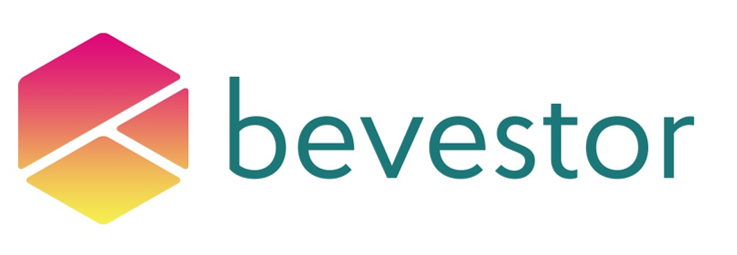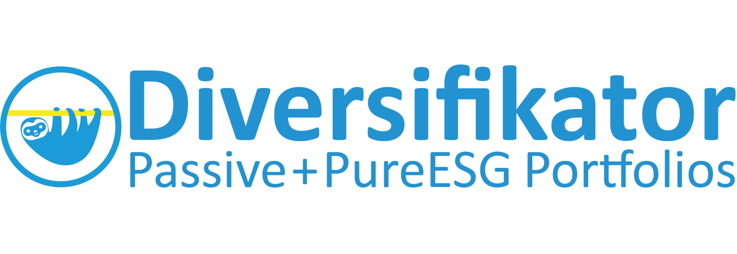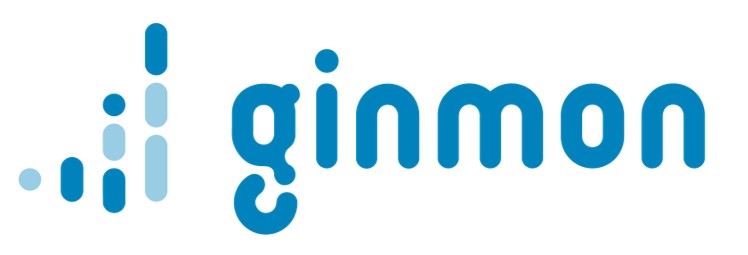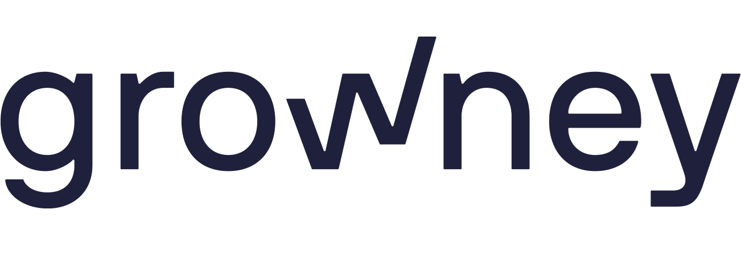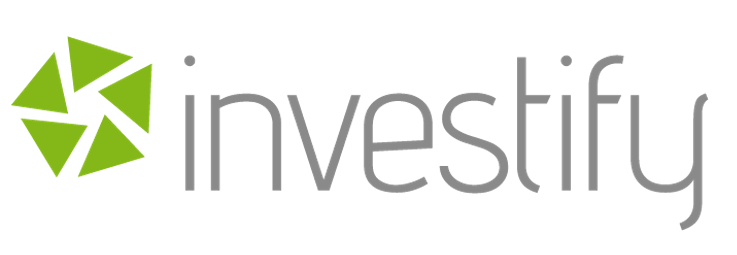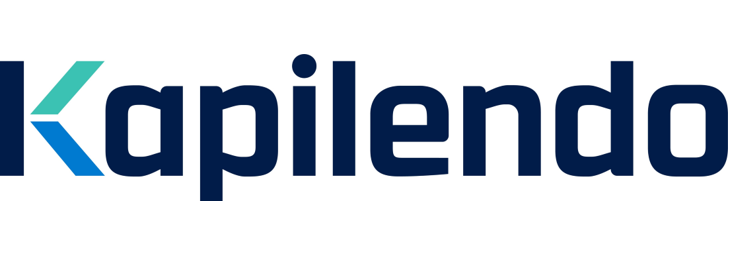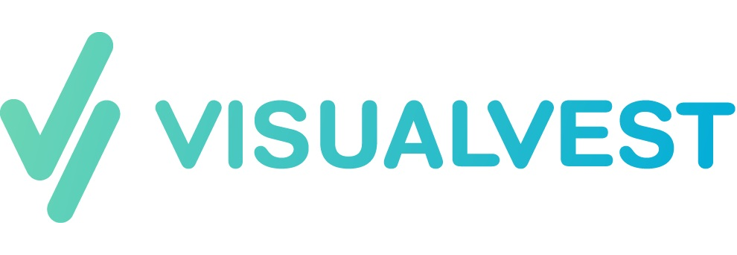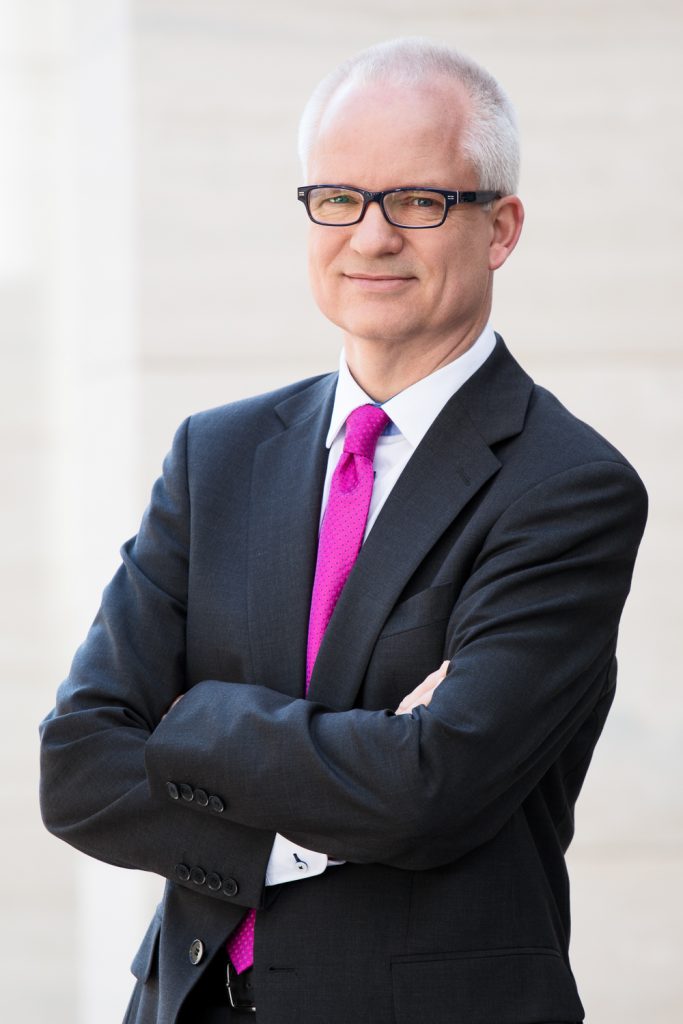
Diversifikator’s philosophy and target group
Hello Mr. Söhnholz, how would you describe Diversifikator’s scope of services in no more than two sentences?
Diversifikator offers standardized and individual, passive ETF and equity portfolios with a focus on good environmental, social and governance (ESG) criteria and impact.
What is Diversifikator’s investment philosophy?
We call our philosophy RETRO: Rule-based, Evidence-based, Transparent, Robust und Optimization-free.
Which target groups does Diversifikator address with its product range, and how many AuM and customers do you have in each segment?
Diversifikator offers portfolios for all customer groups—from so-called small to large investors. We focus on indirect portfolio offerings via cooperation partners (B2B). The number of customers and assets under advice are still low. In the meantime, however, Diversifikator has concluded partner agreements with a robo advisor, a fund provider and several asset managers, and we also consider institutional mandates.
In the wake of the coronavirus crisis, our authors have spoken to a number of other robo advisors about the effects of the crisis on the industry:
To the interview series with the robo advisors
How much do private customers with an investment volume of EUR 10,000 have to pay for bevestor’s services, and how do you compete with other robo advisors and traditional asset managers?
B2B partners typically pay 0.15% to 0.3% per year for portfolios plus transaction costs—and for ETF portfolios plus ETF costs. In addition, the end customers have to bear the costs for the asset management or banking partners, i.e. a total of approx. 0.25% to 1.5% per year. Diversifikator charges self-service customers 1.2% per year. Consequently, direct ESG equity portfolios are very cheap for and through partners, while ETF self-service portfolios are relatively expensive when compared to robo advisors.
ESG equity portfolios are particularly attractive to B2B partners because they save ESG data and index licensing costs and can also benefit from Diversifikator’s ESG expertise.
Investment strategy of Diversifikator
What investment strategy do you pursue and how do you manage risk?
Our RETRO investment philosophy allows us to pursue strategies that are as simple and rule-based as possible. We use stocks and ETFs and, for special mandates, bonds, but neither derivatives nor structured or illiquid products. When it comes to selecting ETFs, our main criteria are suitability for indexing and costs. We mainly use ESG criteria for stock and bond selection. When selecting stocks, we also take the maximum past loss into account.
Some of the ETF portfolios use a simple and proven trend-following rule for allocation management. We review and rebalance the rules and the portfolios once a year and so far have only made minor rule amendments. Neither do we use data or model-dependent optimizations nor intransparent machine learning. This simple approach has proven to be very effective for a wide range of portfolios in good and bad market phases.
The approach outlined above forms the basis of our core satellite strategy. These satellites represent investment topics that can be added individually for each customer. Deka’s fund research department selects the thematic funds and the core portfolio. A single team is entrusted exclusively with the quantitative and qualitative selection of products. The algorithm behind the bevestor strategies always ensures that the risk profile of the strategic basic investment does not change excessively.
For customers who seek less risk when investing in securities, bevestor offers an additional, computer-controlled risk management strategy in the form of investment protection. This involves monitoring the value of the portfolio individually on a daily basis and comparing the investor’s risk budget with the current risk of loss. The risk budget is based on the selected portfolios or on the equity allocation determined in each case. If the portfolio’s risk of loss exceeds the customer’s risk budget, we switch to a more security-oriented near-money market fund. Investors can activate or deactivate the investment protection at any time.
USP of Diversifikator
Meanwhile, there is a multitude of providers for robo advisory, B2B and B2C. How does Diversifikator differentiate itself, i.e. what exactly is your USP?
Diversifikator has the most comprehensive range of passive investment strategies and the broadest, but also most consistent range of ESG and impact portfolios. We can easily tailor portfolios for B2B partners, even for small investment volumes. This way, we have created 16 responsible portfolios for Deutsche Wertpapiertreuhand within a short time. Neither other robo advisors nor traditional players provide such offers and services.
Although Diversifikator has just been named one of the hundred most innovative WealthTech companies in the world for the second year in a row, technology is not part of our USP.
What is your (marketing) strategy to gain new customers? What role do partnerships play?
Marketing is almost exclusively carried out by directly approaching potential B2B partners. In addition, prof-soehnholz.com offers a B2B blog with focus on ESG.
Which business area do you believe holds the greatest growth potential? What areas do you want to focus on in the future or add to your business?
We see the greatest growth potential in low-cost, customized ESG and impact portfolios. We are currently working primarily on automatable customization options for B2B partners.
Challenges of the coronavirus crisis
How has the coronavirus crisis affected your business so far? What are your biggest challenges right now?
The crisis has hardly impacted the business in any significant way. Our biggest challenge is sales and distribution.
How has the coronavirus crisis affected your customers’ return? How would you rate yourself compared to your competitors?
Portfolio returns were poor in absolute terms, but good compared to benchmarks and competitors. This is especially true when compared to actively managed funds. In the crisis, simple trend-following portfolios in particular, but also ESG and impact portfolios have proven successful.
What medium to long-term risks do you expect the coronavirus pandemic to pose for you and the robo advisory market in general?
The distribution of B2C offers remains the biggest problem, and now financing conditions have also become more difficult. However, neither type of problem affects Diversifikator.
What opportunities could arise from the crisis?
Robo advisor technology is increasingly being used to distribute ETFs and other funds. Dissatisfaction with expensive active portfolios has increased further and ESG and impact strategies are now considered to be attractive even in difficult markets. Passive and responsible offers, also from robo advisors, will therefore face an (even) higher demand in the future.
We have one last question for you …
What have you always wanted to state in an interview, but have never been asked?
I have too rarely been asked why the performance of our simple and often very sustainable portfolios is generally so strong. The answer: the performance is so strong because the portfolios are so simple and so sustainable…
Many thanks for the interview!
What current challenges await other robo advisors?
You can find an overview of all interviews here:

